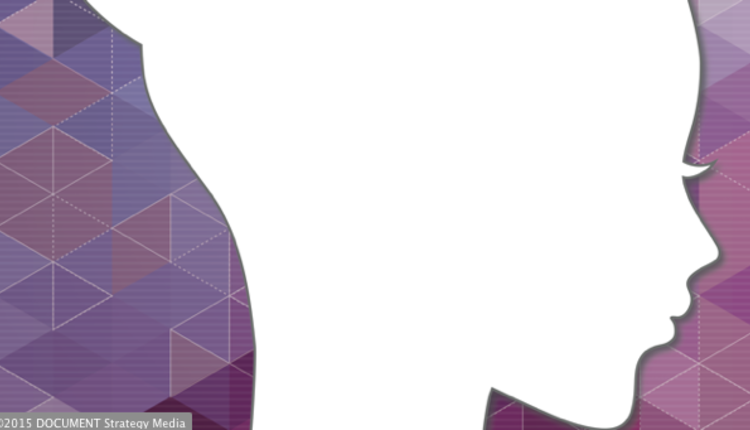
In the 1960s, Bob Dylan wrote that “the times they are a-changin'.” Nowhere is that more true than in today’s technology arena. The state of information technology (IT) is undergoing seismic shifts as economic forces and technical innovation have reshaped the industry and the workforce.
Where once our problem was server proliferation, we now have datacenter-in-a-box or collapsed backbones equipped with software for networking, security, storage and provisioning. Virtualization has allowed for rapid provisioning and delivered flexibility in deployment, provisioning on demand, standardization and lower costs of support. The advent of the cloud has done hosting one better by delivering applications off premises, removing the need for internal product infrastructure support specialists and allowing for new pricing models, which give companies low cost of entry.
Certain functions, which used to be IT-only, are now moving into business self-service. More and more business partners are looking for people with database skills or modeling skills. They are starting to realize the power that sits in their hands. They can no longer afford to wait until something gets on the priority list when they can do it themselves. Just like the Old West, there are the quick and the dead!
As has always been the case, this innovation is accompanied by displacement. Creative destruction is the term used when companies come out with a product that kills an established line of business. It doesn’t mean that this is all one big race to the bottom, but it does require a conscious shift in where we look to do new things. Yes, certain jobs have been left behind in the process, but the New World Order still needs knowledgeable, experienced people who can make all this stuff work better than what we had.
The last 25 years has seen technological movements every few years that all held similar promise as well as downsides. If you are keeping score, not all the promise was realized, and the doomsday scenarios never quite materialized either. Minis did not eliminate mainframes; personal computer (PC) networks did not eliminate centralized hosts; and the web did not replace all PCs with smart terminals—just as the cloud will not eliminate the IT professional.
What we will have is an amalgam of all of it, and how you make sense of it all and plot your strategy is where the Forum will try to help.
We are looking to make this year’s DOCUMENT Strategy Forum a guidepost along the path into the future. That path contains strategies, business processes and technologies associated with the document: capture, intake, workflow, storage, security, design, composition and life cycle management. We have tried to set topics and engage speakers around these areas.
We are looking to make this year’s DOCUMENT Strategy Forum a guidepost along the path into the future. That path contains strategies, business processes and technologies associated with the document: capture, intake, workflow, storage, security, design, composition and life cycle management. We have tried to set topics and engage speakers around these areas.
We don’t espouse any single vendor or technology, but the vendors and service providers are truly our partners. More than ever, our mutual success is intertwined, and we need to be mindful of the directions they see and, more importantly, where they are allocating their capital. Invariably, that’s the road we’re heading down sooner or later.
In planning this year’s event, we realize that nobody has “the answer,” but together, we have a bounty of experience and expertise that others can draw upon. Everybody has a different slant on the same problem, and odds are somebody has solved that problem you are facing. So come, enjoy and participate.
Gerald Edwards sits on the advisory board of the DOCUMENT Strategy Forum and has served in this position since 2010. For more information, visit www.documentstrategyforum.com.
In planning this year’s event, we realize that nobody has “the answer,” but together, we have a bounty of experience and expertise that others can draw upon. Everybody has a different slant on the same problem, and odds are somebody has solved that problem you are facing. So come, enjoy and participate.
Gerald Edwards sits on the advisory board of the DOCUMENT Strategy Forum and has served in this position since 2010. For more information, visit www.documentstrategyforum.com.

















